Microbiology is the captivating study of microscopic organisms such as bacteria, viruses, fungi, and protists. As a rapidly growing field, it plays a crucial role in unraveling the complexities of life on Earth. Microbiology has paved the way for disease treatments, the production of food and beverages, and understanding the environmental impact of microbial activity. Explore Top Colleges in Delhi NCR Sonepat to embark on an exciting journey in this fascinating domain.
Advancements in technology in recent years have made it possible for microbiologists to explore the world of microbes in greater depth than ever before. Scientists now have the tools to sequence entire microbial genomes and study the interactions between microbes and their environment. This has enabled researchers to develop new treatments for infections, uncover the secrets of antibiotic resistance, and understand the role of microbes in climate change.
Microbiology as a Tool to Develop New Products and Processes
Researchers are using microbial enzymes to break down plant material into sugars, which can then be used to make biofuels. Microbes are also being used to produce food additives, disinfectants, and even pharmaceuticals.
The future of microbiology is bright. Microbiologists are exploring new ways to manipulate microbes to produce valuable products and to understand the role of microbes in the environment. Advances in technology will enable scientists to study microbes on a deeper level, allowing them to better understand their role in the environment and how they can be used to create products and services.
Microbiology is the study of microscopic organisms, such as bacteria, viruses, fungi, and protozoa. These organisms are essential to human life, as they play a major role in producing food, medicines, and other products. Microbiology is also important in understanding the global environment, as microbes are everywhere and are responsible for many of the processes that keep the planet in balance.
History of Microbiology
Microbiology has a long history, beginning with the discovery of microorganisms in the 17th century. Since then, microscopes and other tools have been developed to study microbes in greater detail. Today, scientists are able to identify, isolate, and manipulate individual microbes to create products and services.
Advancements in technology in recent years have made it possible for microbiologists to explore the world of microbes in greater depth than ever before. For example, the development of gene-editing technologies such as CRISPR-Cas9 has allowed scientists to modify the genomes of microbes, creating new kinds of organisms with valuable properties.
Ever-Expanding Field with Exciting New Prospects
Microbiology is an ever-expanding field with exciting new prospects for future research and discovery. As technological advances continue to make it easier to study and manipulate bacteria, fungi, viruses, and other microorganisms, the possibilities for discovery in the field of microbiology are endless.
In the near future, microbiology will focus on the development of new treatments for diseases, from antibiotics to vaccines. As new discoveries are made about the genetics and behavior of microorganisms, scientists will develop more targeted treatments for conditions such as cancer, HIV, and other infectious diseases. Microbiologists will also work to develop new ways to diagnose and monitor diseases.
Biotechnology will also be an important area of research in the coming years. As researchers learn more about the genetic makeup of microorganisms, they can develop better methods of producing food, creating pharmaceuticals, and even manufacturing biofuels. Additionally, new technologies such as gene editing will enable microbiologists to manipulate the genetic makeup of organisms to create new treatments and products.
Microbiology at SRMUH
Microbiology studies the causes and effects of infectious diseases. This allows us to better understand how diseases spread and develop. It aids in identifying early warning signs and taking preventive steps. Vaccines are a crucial tool in preventing the spread of infectious diseases. Microbiology research at SRMUH can help identify food-borne pathogens and other contaminants in our food supply. This allows us to ensure that the food we consume is safe and free from harmful bacteria and viruses.






